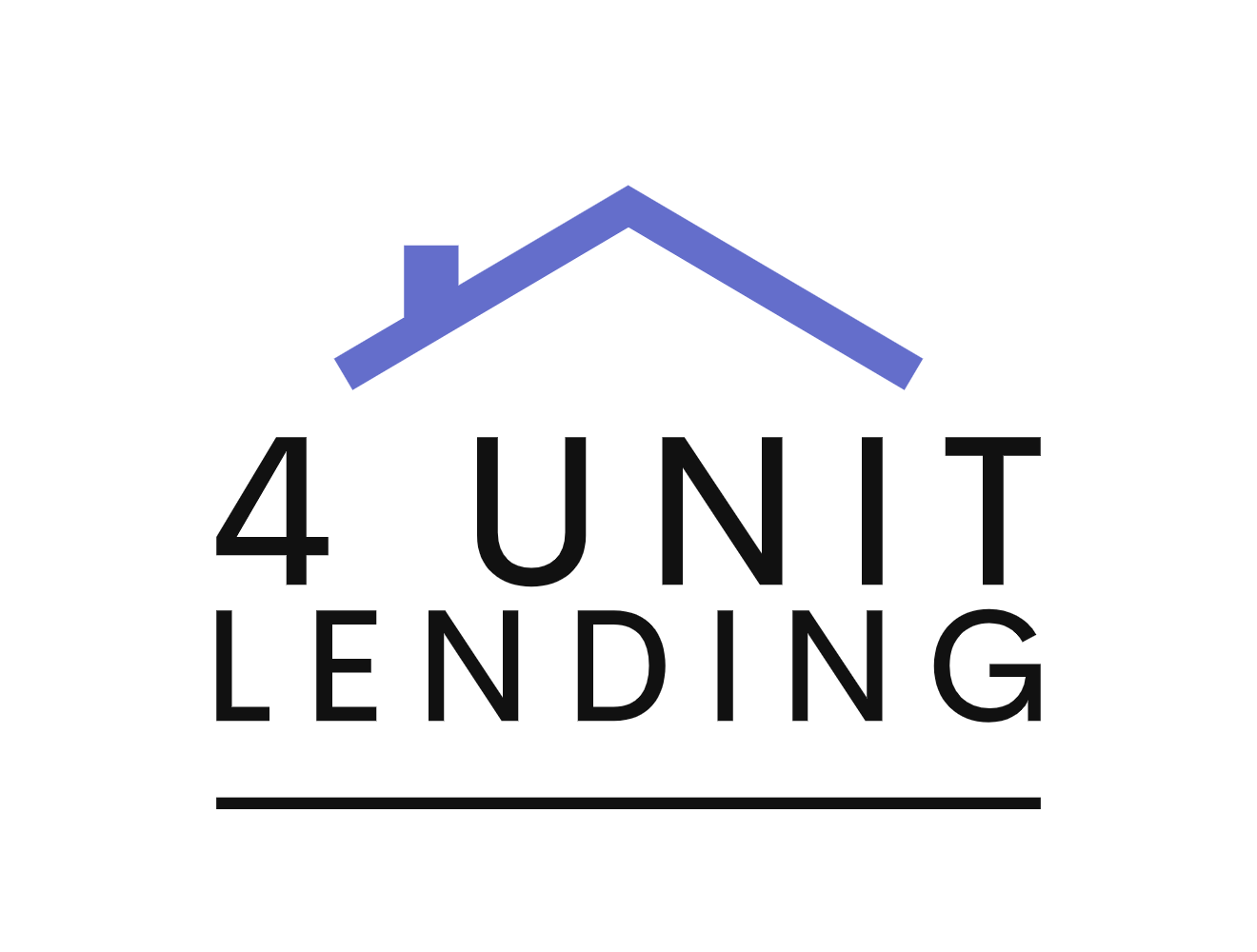When you’re self-employed — earning a large chunk of your income as a freelancer, independent contractor, or small business owner — it can be challenging to meet the borrower requirements for a mortgage loan. But it’s not impossible. Here’s what you need to know about qualifying for a mortgage when self-employed.
In this article:
It’s possible to qualify for a mortgage as a self-employed borrower. Like W-2 employees, you generally need good credit, sufficient income, and stable employment.
However, proving stable and sufficient income can be challenging for some applicants. Understanding the requirements for self-employed mortgage loans can help you submit a complete application that shows your creditworthiness and ability to repay the mortgage.
The following are general loan requirements. Specific qualifications may vary by mortgage lender.
Lenders tend to look for a 620 minimum credit score for conventional loans backed by Fannie Mae or Freddie Mac. FHA, VA, and other government-insured home loans can have looser credit requirements, making qualifying with a lower score possible. For example, you could get an FHA loan with a credit score as low as 500 if you have a 10% down payment.
Your DTI ratio measures how much of your monthly gross income goes toward debt. Generally, a DTI ratio of around 36% is considered good, meaning 36% of your income pays monthly debts. Each lender can set its own DTI requirements. Some allow a higher debt ratio, like 45% or 50%, but you’ll likely need a strong credit score if you carry more debt.
The minimum down payment for conventional loans is 3% to 5% of the home’s purchase price. However, you’ll likely have to pay primary mortgage insurance (PMI) if you put down less than 20%. FHA loans require 3.5% down, while VA and USDA loans don’t have down payment requirements.
A lender requires proof of income to ensure you can afford your monthly mortgage payments. Borrowers typically need to show at least two years of self-employment income via personal tax returns, business tax returns, balance statements, and/or profit and loss statements. Some lenders may also want proof of cash reserves, additional savings that can cover your mortgage if your income takes a hit.
Mortgage lenders typically assess your self-employed income by looking at a two-year average of your net income. Your net income is gross revenue minus your business expenses and deductions.
If you plan to buy a house in the next year or two, pay close attention to your business deductions — the more deductions, the lower your taxable income, which can hurt your mortgage application.
“In many cases, self-employed borrowers who minimized their taxable income to avoid paying taxes won’t show sufficient income on a mortgage application,” noted Mason Whitehead, producing branch manager with Churchill Mortgage, via email. “This could make it harder to qualify for conventional, FHA, or VA loans that primarily look at taxable income.”
You may still qualify for a mortgage if you’ve been self-employed for under two years. However, the mortgage lender may require additional documents to ensure you have the cash flow to repay the mortgage. For example, you may have to show income from your previous experience in the same or a related industry.
Self-employed borrowers may also consider applying for a non-qualified mortgage (non-QM). Non-QM loans offer more flexible ways to verify your income, making it easier to qualify if your tax return doesn’t show sufficient income. However, non-QM loans can come with higher interest rates than other types of mortgage loans.
“Self-employed clients who don’t qualify using tax returns may choose a bank statement program where lenders average out the deposits in their bank account for the last 12 to 24 months,” said Whitehead. “These programs may come with a higher interest rate, but if you don’t otherwise qualify, it’s a good solution.”
Read more: The different types of mortgages
Here are the steps to getting a mortgage as a small business owner.
Mortgage lenders typically ask for the following documents as proof of income for the self-employed:
Personal federal income tax returns
Business tax returns
Business profit and loss statement
Recent business balance sheet
Lenders may ask self-employed applicants to submit some of the following documents to prove self-employment:
There are several ways to make your application more appealing to lenders. Consider the following tips:
Check your credit report for errors or major negative remarks that may harm your approval odds.
Monitor your debt-to-income ratio and consider paying down debt to achieve 45% or lower.
Consider a larger down payment to lower your total loan amount and borrowing risk.
Apply with a co-signer or co-borrower with a strong credit history who accepts being responsible for loan payments if you can’t make them.
As with any loan, it’s a good idea to apply for preapproval with several lenders so you can compare offers. Shopping around with more than one mortgage provider is especially critical when you’re self-employed because financial institutions can have different income requirements that significantly impact your eligibility.
Learn more: How to choose a mortgage lender
Lenders generally look for two years of stable income, which you can show through your personal or business tax returns. If you have less than two years of stable income, you may need to provide additional documents, like a profit and loss statement or balance sheet.
Mortgage lenders typically use net income when assessing self-employed income since it gives a better idea of cash available after you’ve paid your expenses. Net income is your total revenue minus business expenses and deductions.
Your mortgage rate will depend on your credit score, debt-to-income ratio, business income, and assets. As with any loan, you may receive a higher interest rate if the lender believes they’re taking on more risk, as with a bank statement mortgage or other non-QM loan that uses alternative income verification methods.
Laura Grace Tarpley edited this article.

